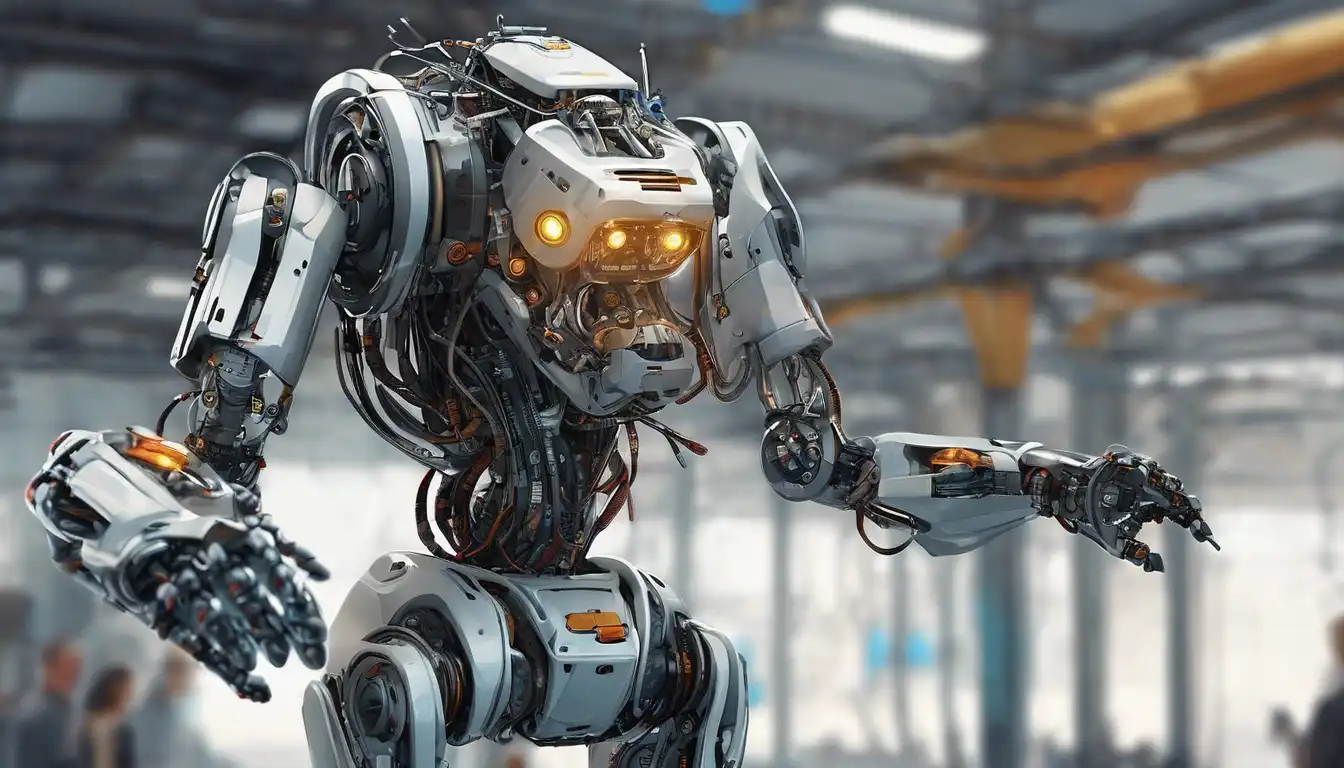The Dawn of Robotics: A Technological Revolution
In the realm of modern technology, robotics stands as a towering testament to human ingenuity and the relentless pursuit of innovation. This field, which seamlessly blends engineering, computer science, and artificial intelligence (AI), is reshaping industries, enhancing productivity, and redefining the boundaries of what machines can do.
The Building Blocks of Robotics
At its core, robotics involves the design, construction, operation, and use of robots. These sophisticated machines are capable of performing tasks autonomously or semi-autonomously, thanks to advancements in AI and machine learning. From manufacturing lines to surgical rooms, robots are becoming indispensable allies in our quest for efficiency and precision.
Innovation at the Heart of Robotics
Innovation in robotics is not just about creating machines that can perform tasks; it's about envisioning a future where robots can think, learn, and adapt. Breakthroughs in neural networks and cognitive computing are paving the way for robots that can understand and interact with the world in ways previously imagined only in science fiction.
Applications That Are Changing the World
The applications of robotics are as diverse as they are transformative. Here are just a few areas where robotics is making a significant impact:
- Healthcare: Surgical robots are enabling minimally invasive procedures with unparalleled precision.
- Agriculture: Autonomous tractors and harvesters are revolutionizing farming practices.
- Manufacturing: Industrial robots are streamlining production lines, reducing costs, and improving safety.
- Space Exploration: Robotic rovers are our eyes and hands on distant planets, expanding our understanding of the universe.
The Future of Robotics: Beyond Imagination
As we look to the future, the potential of robotics is boundless. With the integration of Internet of Things (IoT) technologies, robots are becoming more connected and smarter. The advent of swarm robotics promises to bring about systems where multiple robots can work together in harmony, mimicking the behavior of natural swarms.
Challenges and Ethical Considerations
Despite the exciting advancements, the field of robotics is not without its challenges. Ethical considerations, such as the impact of automation on employment and the need for robust AI governance frameworks, are critical discussions that must accompany technological progress.
Conclusion: A Symbiotic Future
The intersection of technology and innovation in robotics is crafting a future where humans and machines collaborate more closely than ever before. By embracing the challenges and opportunities this field presents, we can ensure that robotics continues to be a force for good, driving progress and improving lives across the globe.
